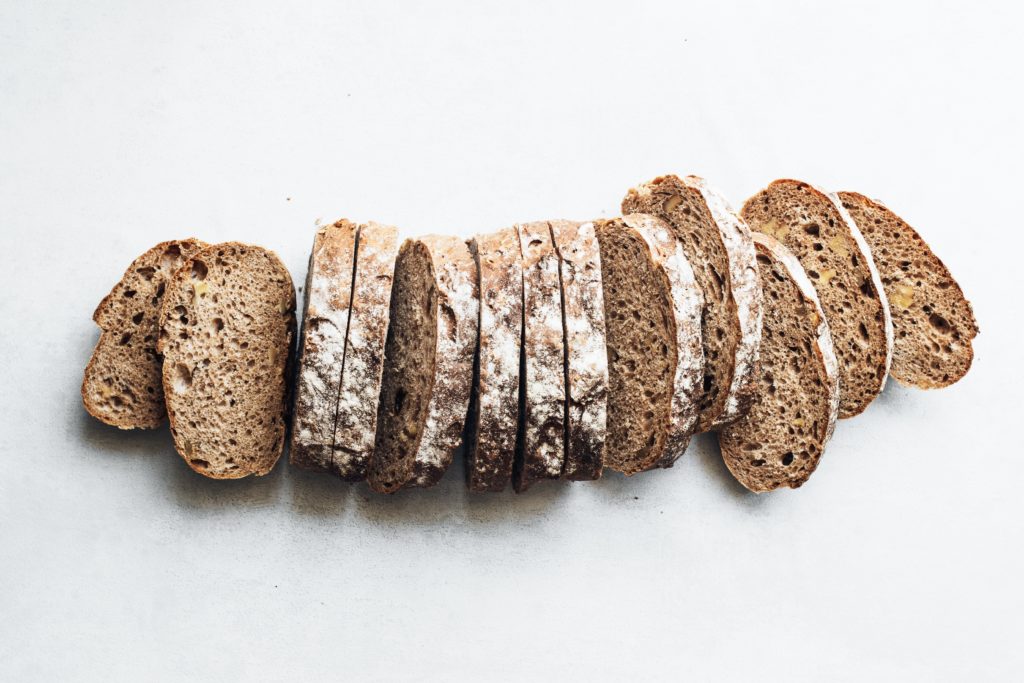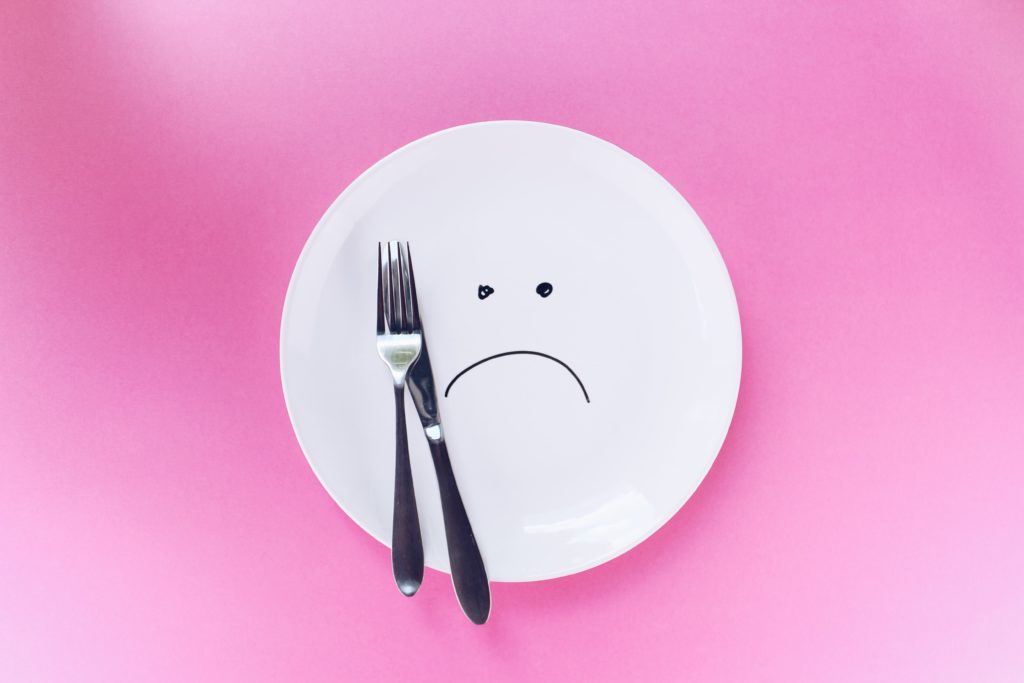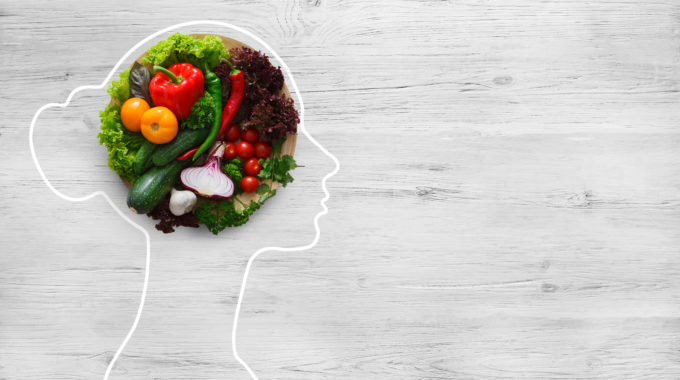Fact or fiction: top nutrition myths busted
Earlier this week, we reported on a survey by Herbalife Nutrition that found 68 percent of Asia Pacific consumers are using social media to seek nutrition info, despite the prevalence of online nutrition myths and misinformation. Now additional findings have been released, revealing that 60 percent of us are confused when it comes to the facts about nutrition.
A general nutrition knowledge quiz administered along with the survey included 48 “true or false” questions covering nine nutrition areas. The quiz covered general nutrition, protein, carbs, fats, vitamins, minerals, caffeine, weight management and breakfast. The results revealed that less than a quarter (23%) of the respondents scored above 50 percent.
The quiz also found that the top three areas with the biggest nutrition knowledge gaps were minerals, caffeine and protein. Only around a quarter of the people surveyed were able to answer questions about them correctly.
Based on the quiz results, Herbalife also uncovered a list of the top nutrition myths commonly believed by Asia Pacific consumers. More than six in 10 respondents were unable to provide the correct answer when presented with these nutrition myths.

Top nutrition myths: carbs and protein
MYTH #1: carbs make you gain weight
FACT: carbohydrates alone don’t cause weight gain, but consuming excess calories does. Australian dietary guidelines recommend that 45-65% of your daily energy intake should come from carbs. Healthy sources of carbs like vegies, fruit, legumes and wholegrains also provide important nutrients like calcium, iron and B vitamins.
MYTH #2: you need less protein as you grow older
FACT: starting in your early 40s, you may experience a gradual, progressive loss of muscle mass and function known as sarcopenia. Isn’t ageing fun? As you age, you can mitigate this process by eating more protein and doing more resistance exercise.

From caffeine to keto
MYTH #3: caffeine causes dehydration
FACT: while caffeine has diuretic properties, a moderate intake of between 2 to 3 cups of coffee a day is unlikely to cause dehydration. A study by the Institute for Scientific Information on Coffee also found that coffee can be as hydrating as water.
MYTH #4: it is possible to achieve peak bone mass at any age with sufficient calcium intake
FACT: peak bone mass (maximum bone size and strength) is dependent on calcium intake and reaches its peak by the time you hit 30. However, sufficient calcium intake throughout life can reduce your risk of osteoporosis. Calcium supps can protect against bone loss as you age, especially for post-menopausal women who have higher calcium needs.
MYTH #5: a ketogenic diet is a healthy way to lose weight
FACT: very low in carbs, moderate in protein and very high in fat, the ketogenic diet forces the body to rely on body fat for fuel, resulting in weight loss. However, healthy carbs are good for the body, supplying energy, vitamins and minerals. To lose weight, and keep it off in the long term, you’re better off adopting a balanced diet and exercising regularly.

Fats, GI and protein powders
MYTH #6: a very low-fat diet is the best way to lose weight
FACT: studies have shown minimal reductions in weight after the first year from very low-fat diets. This makes it an ineffective long-term weight-loss strategy. In fact, our bodies need some dietary fat to stay healthy, as it helps to build cell membranes and hormones, and is also needed for the absorption of fat-soluble vitamins A, D, E and K.
MYTH #7: the glycaemic index is a good tool for choosing the healthiest carbs
FACT: the glycaemic index (GI) measures how the carbs in a food impact blood sugar levels. However, it cannot be solely relied upon when it comes to a healthy diet. The amount of carbs you eat and what you’re eating them with also needs to be considered.
MYTH #8: protein powder is not a healthy source of protein
FACT: protein powder can be as good as protein from natural foods if it’s derived from high-quality sources. Just make sure you’re also getting protein from plenty of other whole foods, too. When it comes to your diet, variety is always key!









